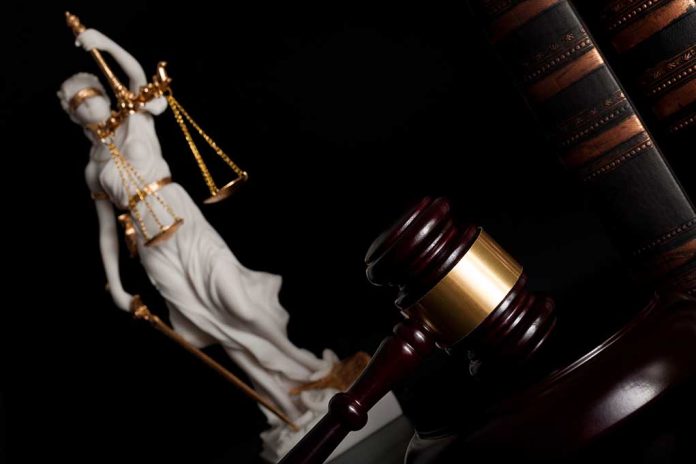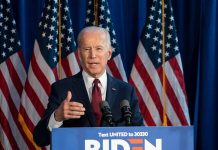
California has adopted the toughest law against politically motivated deep fakes, but Elon Musk’s defiant response raises questions for everyone.
At a Glance
- California Governor Gavin Newsom signed bills banning political deepfakes and misleading AI-generated content.
- The laws mandate disclosures in political ads and require online platforms to remove deceptive content within 72 hours.
- Elon Musk criticized these measures, claiming they effectively make parody illegal and violate constitutional rights.
- A deep fake video of Vice President Kamala Harris shared by Musk exemplifies the kind of content the law aims to regulate.
- These measures seek to safeguard election integrity and public trust by enhancing transparency and accountability.
California’s Aggressive Stand Against Deepfakes
California Governor Gavin Newsom has enacted the nation’s strictest law against politically motivated deep fake videos. These digitally altered videos, created using artificial intelligence (AI), can significantly distort public perception and compromise election integrity. The new regulation aims to curtail the spread of misinformation by making it illegal to distribute deep fakes both before and after elections.
The laws mandate clear disclosures in political ads, requiring online platforms to take down deceptive content within 72 hours. Additionally, creators of false information about candidates face penalties.
NEW: California bans deceptive campaign “deepfakes,” country’s broadest AI elections law@GavinNewsom signs the bill after slamming @elonmusk for sharing a doctored @KamalaHarris video, saying today Musk’s move was “wrong on every level” and “malicious”https://t.co/UjZoCnbaat
— Jeremy B. White (@JeremyBWhite) September 17, 2024
Elon Musk’s Defiant Challenge and Its Implications
Elon Musk has become a lightning rod in the debate over these new laws. Newsom openly criticized Musk for sharing a doctored video of Vice President Kamala Harris. The AI-generated video falsely depicted Harris making derogatory remarks about President Joe Biden and diversity hiring, reaching nearly 140 million views. Musk defended his actions, arguing that the new laws unjustly make parody illegal and infringe upon constitutional rights.
Despite the controversy, AI experts warn that deepfakes are highly realistic and difficult to detect, making them a significant threat to public trust. The legislative measures aim to enhance accountability and transparency, ensuring online platforms promptly address deceptive content.
These laws, particularly Assembly Bills 2355 and 2655, reflect California’s leadership role in AI regulation.
#ELB: CA: “Gavin Newsom signs election ‘deepfake’ ban in rebuke to Elon Musk” (I Think It’s Likely Unconstitutional) https://t.co/B0iIcahcDm
— Rick Hasen (@rickhasen) September 18, 2024
Balancing Free Speech and Election Integrity
Critics argue that the laws could lead to overregulation, stifling free speech and creativity. Musk’s staunch opposition raises valid questions about the legislation’s potential to inhibit parody and satire, forms of expression protected under the First Amendment.

















